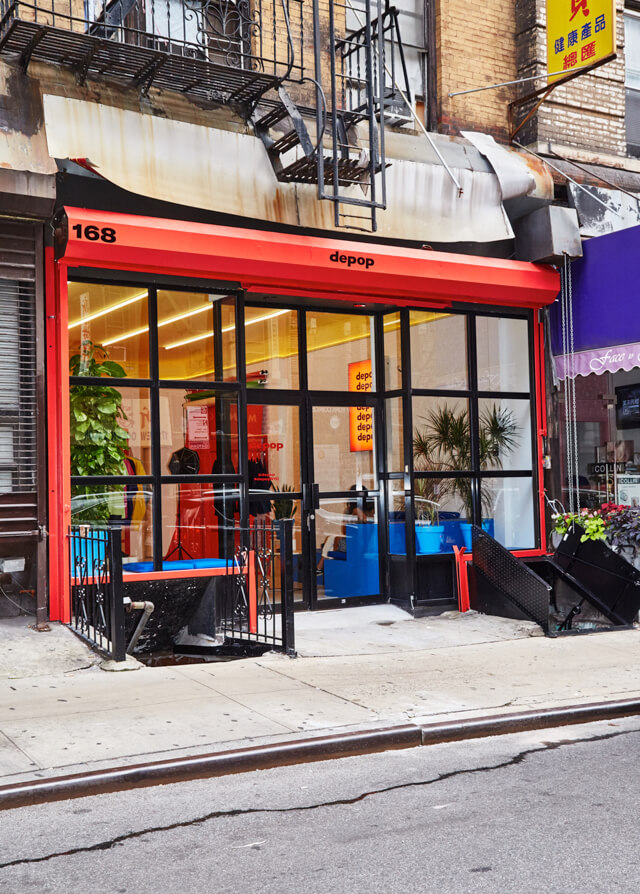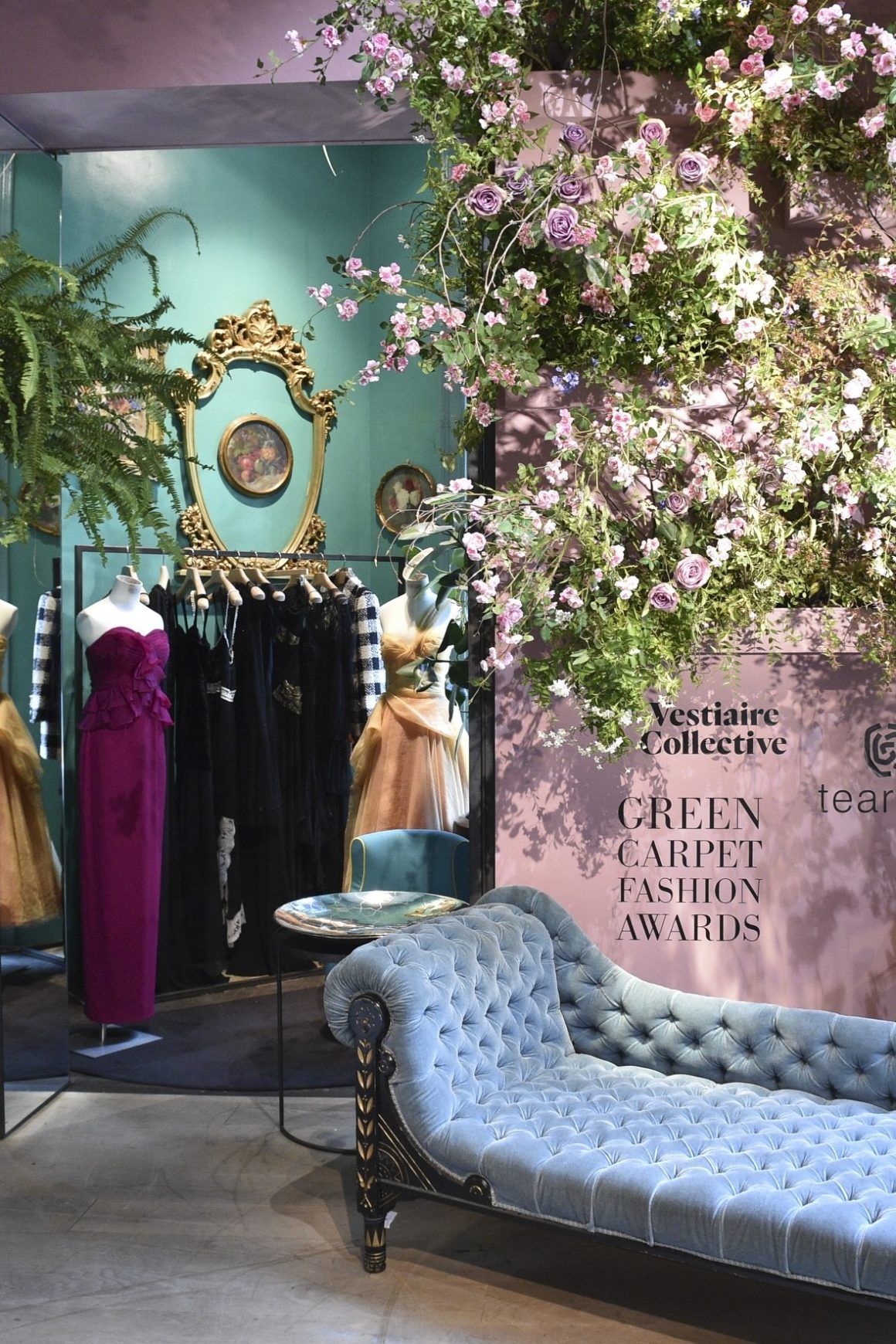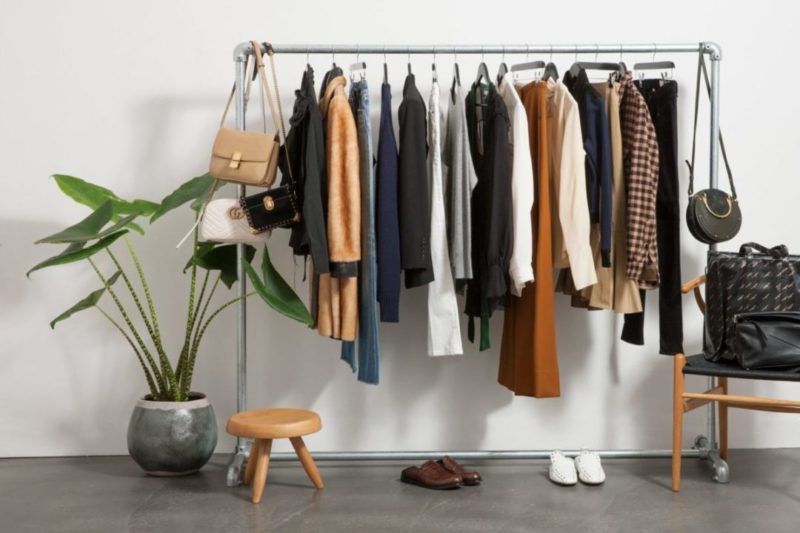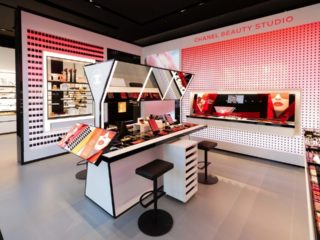The ever-evolving fashion industry is facing enormous changes as it navigates the ethical implications of fast fashion and millennials and Generation Z consumers are seeking to set a more conscious example among their peers. This week, we’re taking a look at the second-hand and resale market and what its rapid growth means for traditional retail.
MILAN, Italy – In times of global climate change and the ongoing student-led Fridays For Future protests around the world, one cannot help but wonder how the fashion and textile industry can evolve to minimise its impact. One trend that particularly stands out is circular fashion. Nowadays, Millennials and Generation Z are becoming more drawn to buying and wearing pre-loved items, eschewing the impulse fast-fashion purchase.
According to Scott Galloway, a professor at the NYU Stern School of Business for brand strategy and digital marketing, the future is in the resale business. “Retail’s new disruptor is the resale market,” he stated during the NewsMediaWorks’ Inform conference in Sydney on September 24th. “The second-hand market — that is, you wearing other peoples’ clothes — is expected to be a bigger business within nine years than fast fashion.”
The market is driven by a younger generation who don’t need to shop for new clothes and accessories from the big chains but are comfortable with second-hand items because it’s more sustainable and affordable. In the past, second-hand and vintage items had a somewhat dusty image, but the stigma of preloved items is starting to be broken down. This creates headwinds for high street brands and retailers who are wooing their clientele with newness.
Extremely popular among the under-25 demographic is UK-based shopping app Depop, a global marketplace where its 10+ million users share, like, buy and sell their items worldwide. In addition to the app, Depop is also hosting branded spaces in Los Angeles and New York. These pop-ups allow users to connect offline with a community of artists, stylists, designers, collectors, sneakerheads – as well as your average person next door.

Of course, the idea of reselling is not new. Platforms like eBay first paved the way, but in the last five years, the resale opportunities for fashion and luxury goods have taken on a new dimension. Today, the resale market is dominated by online platforms, such as Vestiaire Collective, the RealReal and Poshmark that allow their users to sell and buy items, with an extra perk: authentication.
Before shipping the order to their final destination, the goods are validated by an experienced team to guarantee that no counterfeit items are distributed. What seems to be one of their biggest advantages opposed to reselling platforms and apps such as eBay and Depop, is also its biggest problem – who checks the verdict of the authenticator?
Take, for example, the US-based platform The Real Real, a statement on the company’s website reads, “We employ 100+ brand authenticators, gemologists, horologists and art curators. They inspect thousands of items each day, so you can be sure every item is 100% authentic.”
However, a recent investigation revealed that its authentication process did not meet the standards outlined in its company manifesto. According to the Washington based organization The Capitol Forum, their study found that the statement is misleading as inexperienced copywriters were responsible for validating over 120 items in one single day, often leading to customers receiving counterfeit goods.
So, what’s the solution? Reseller platforms could invest in higher qualified and trained personnel. Alternatively, they could increase the time permitted to verify the authenticity of an item. Of course, these kinds of solutions comes with an added operational cost. However, as each player is vying for more market share, the platform that can back up its credibility will come out on top.
Many online platforms are also venturing into offline experiences. During Milan Fashion Week, French resale platform Vestiaire Collective teamed up with the Green Carpet Fashion Awards to organise a pop-up store featuring a curated selection of its most trusted sellers – all available to shop on the spot.

For traditional retailers and even fast-fashion chains, the concept of second-hand pop-up stores could be an entry solution. For example, retailers can host these spaces where clients can participate in selling their preloved items within their own stores.
In any case, traditional retail needs to rethink its value proposition for the younger generation, as well as its older clientele who are educating themselves and waking up to the need to break the fashion cycle.







